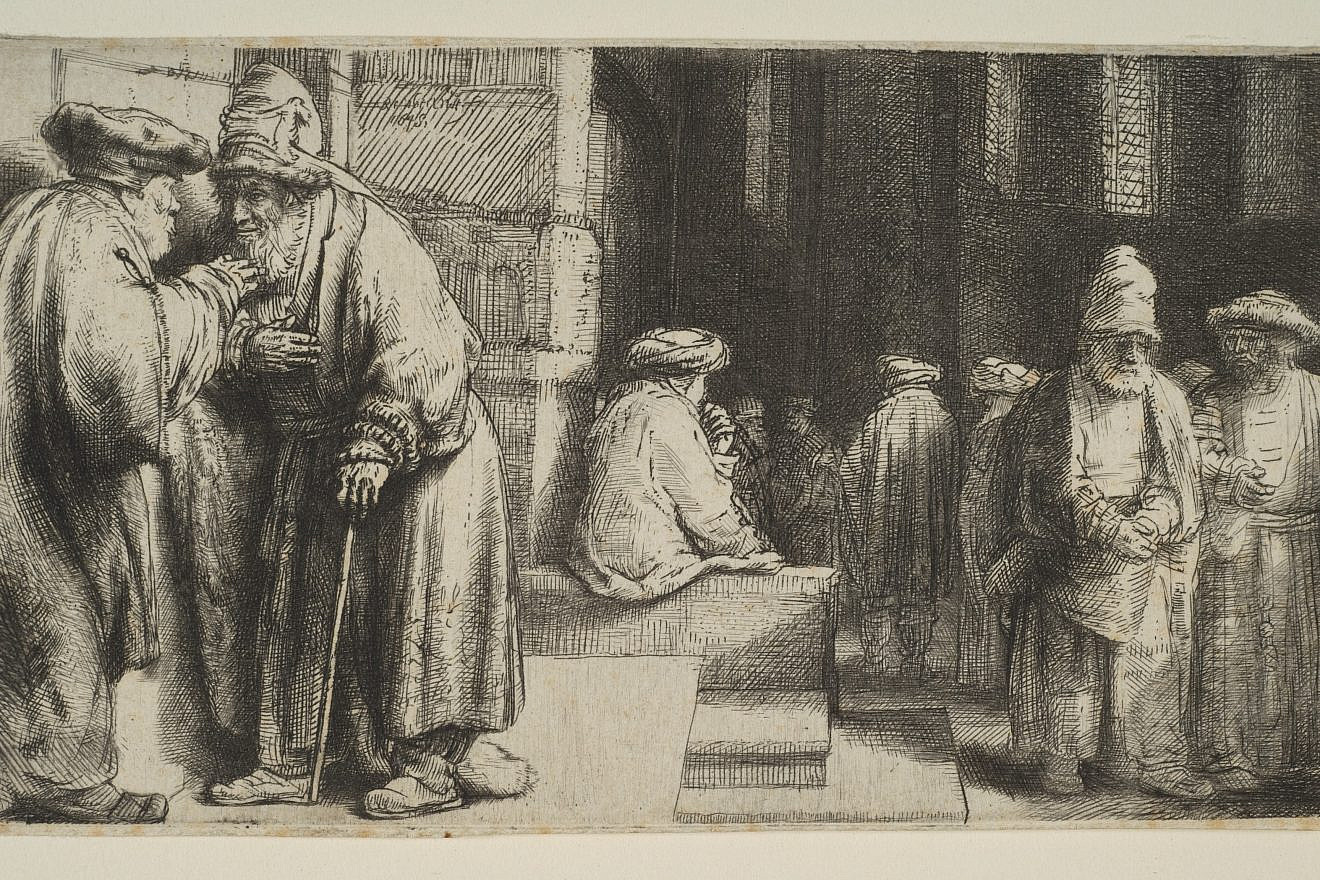An overwhelming majority of American adults think that the role of religion is contracting in public life, and a majority of the 80% who believe that are unhappy about the decline, according to new Pew Research Center data.
The 80% figure is the highest Pew has recorded to date that thinks faith is one the decline in public life.
Nearly half (49%) said it is a bad thing that the role of faith is shrinking, while 13% thought that religion is declining and that phenomenon is a good thing. Some 18% think the role of faith is decreasing but that development doesn’t matter. The remaining some-20% said that the influence of religion is growing and that’s good (8%), that faith is on the rise and that’s bad (6%), and that it is growing but it doesn’t matter (3%).
“Together, a combined 57% of U.S adults—a clear majority—express a positive view of religion’s influence on American life,” Pew stated.
Pew has found significant differences between U.S. adults who thought religion was on the rise and the decline in public life between 2002 and the present, although it notes that it slightly altered how it asked the question between 2016 and 2019. Before 2016, it used phone surveys.
In 2002, 52% of U.S. adults thought religion was losing influence in American public life, while 37% said it was on the rise. With some variations, the former number has steadily increased and the latter declined regularly in the 22 years since.
Pew also found that few American adults believe that leading candidates for America’s top job—U.S. President Joe Biden (13%) and former president Donald Trump (4%)—are “very religious.” Biden frequently attends mass and often discusses his Catholic faith, and although he has faced controversy in many Catholic communities for his support of abortion, he has claimed that Pope Francis told him that he is a “good Catholic.”
Democrats were significantly likelier than Republicans to say that Biden is “very religious” (23% to 3%) or at least “somewhat” religious (78% to 29%). Republicans were more likely to say that Trump is “very religious” (6% to 2%) or at least “somewhat religious” (50% to 12%).
Nearly all (94%) respondents—and the same percentage of Jews—said it is important for the U.S. president personally to live a moral, ethical life. Jews were the likeliest (82%, compared to an average of 64%) to say the president ought to stand up for people with their religious beliefs.
Jewish American adults were among the least interested in the president having strong religious beliefs, even if different from their own (30%, compared to an average of 48%) and sharing their religious beliefs (13% compared to an average of 37%).
Jews were the likeliest (73%, compared to an average of 40%) to say that Biden stands up for people with their religious views at least somewhat. The largest percentage of Jews by far (47%) also said that Biden stands up for those with their religious beliefs “a great deal” or “quite a bit.”
Jews were significantly less likely to feel the same way about Trump. Just 35% (compared to an average of 48%) said that Trump stands up for people with their religious views at least somewhat, and only 19% said he did that “a great deal” or “quite a bit.”
Only black Protestants (66%) had more positive views of Biden than Jews did (62%), and only black Protestants (80%) viewed Trump more unfavorably than Jews did (79%).
Jews were the most likely (76%) to say that conservative Christians “have gone too far in trying to push their religious values in the government and public schools,” compared to an average of 48%. Jews were among the least likely (28%, compared to an average of 50%) to say that irreligious liberals “have gone too far in trying to push their religious values in the government and public schools.”
Pew also found that more American adults believe their religious views are at odds with U.S. culture (from 42% in 2020 to 48% in 2024) and that their religious views make them a minority (from 24% in 2020 to 29% in 2024).
Conducted between Feb. 13 and 25, the Pew report draws on surveys of 12,693 U.S. adults.


























